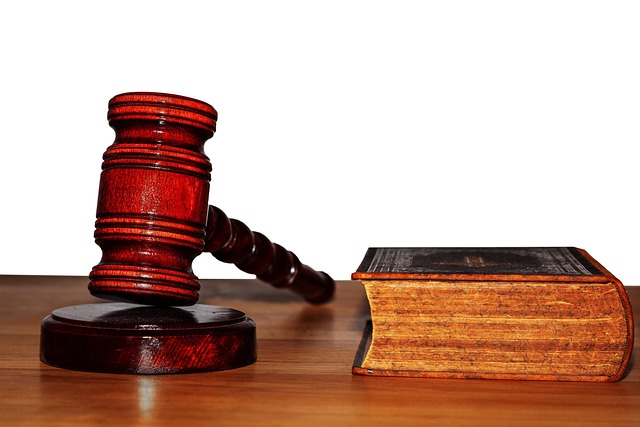Consumer protection laws cover product safety, advertising, pricing, and debt collection across sectors. Understanding the Statute of Limitations for Libel Cases, varying by jurisdiction, is crucial for both businesses and consumers to navigate legal frameworks effectively, especially in complex white-collar defense cases, and avoid time barriers for filing lawsuits.
Consumer protection suits play a vital role in safeguarding individuals from unfair business practices. This article delves into the intricacies of consumer rights, focusing on two key aspects: understanding comprehensive consumer protection laws and their reach, and navigating the crucial legal concept of the Statute of Limitations for libel cases. We also explore practical strategies for consumers filing suits to ensure success in holding wrongdoers accountable.
- Understanding Consumer Protection Laws and Their Reach
- Navigating the Statute of Limitations for Libel Cases
- Strategies for Filing and Winning Consumer Protection Suits
Understanding Consumer Protection Laws and Their Reach

Consumer protection laws are designed to safeguard individuals from unfair business practices and ensure transparency in transactions. These laws cover a wide range of issues, including product safety, advertising claims, pricing, and debt collection methods. Understanding the scope of consumer protection is crucial for both businesses and consumers. The reach of these regulations can extend to various sectors, protecting everything from food and pharmaceuticals to financial services and technology.
One essential aspect often discussed in consumer protection suits is the Statute of Limitations for libel cases. This legal concept dictates the time period within which a lawsuit must be filed after an alleged harm or offense. In many jurisdictions, there are specific statutes for different types of claims, including those related to white-collar defense and challenging defense verdicts. Knowledge of these timelines can be vital in avoiding indictment and ensuring a winning challenging defense verdict, as it allows for proper preparation and strategy formation within the legal framework.
Navigating the Statute of Limitations for Libel Cases

Navigating the Statute of Limitations for Libel Cases is a critical aspect of consumer protection suits. Each jurisdiction establishes its own rules regarding the time frame within which legal actions can be initiated, known as the statute of limitations. These timelines vary significantly, and understanding them is essential for both plaintiffs and defendants alike. In many cases, the clock starts ticking from the moment the alleged libelous statement or publication occurs, but there are exceptions and nuances to consider.
The complexity arises when dealing with ongoing communication channels where libels can spread over time. Consumer protection advocates must be vigilant in monitoring all stages of the investigative and enforcement process across the country to ensure that these cases aren’t hindered by time constraints. An unprecedented track record of successful libel cases hinges on a thorough grasp of these legal principles, enabling swift action to protect consumers from unfair or false representations.
Strategies for Filing and Winning Consumer Protection Suits

When filing a consumer protection suit, understanding the Statute of Limitations for Libel Cases is crucial. Each jurisdiction has its own set of rules dictating the time frame within which legal actions can be initiated. Being aware of these deadlines is essential to ensuring your case proceeds smoothly and you have a chance at a complete dismissal of all charges. Legal professionals recommend conducting thorough research or consulting with experts to accurately gauge the applicable statute of limitations, as this varies based on factors such as the type of consumer protection claim and the state where the lawsuit is filed.
Strategizing for success involves gathering robust evidence and presenting a compelling narrative that demonstrates the violation of consumer rights. Effective communication of damages incurred by the aggrieved party can significantly strengthen the case. Moreover, preparing to navigate challenging defense verdicts is paramount. For instance, in cases involving white-collar and economic crimes, where defenses can be intricate, having a solid legal team with expertise in consumer protection law is pivotal for winning challenging defense verdicts.
Consumer protection suits play a vital role in ensuring businesses hold up to their responsibilities, safeguarding folks from deceptive or harmful practices. By understanding the intricacies of consumer protection laws and employing effective strategies, individuals can navigate legal complexities like the Statute of Limitations for Libel Cases. Armed with knowledge, consumers can stand up for their rights and contribute to a fairer marketplace.






